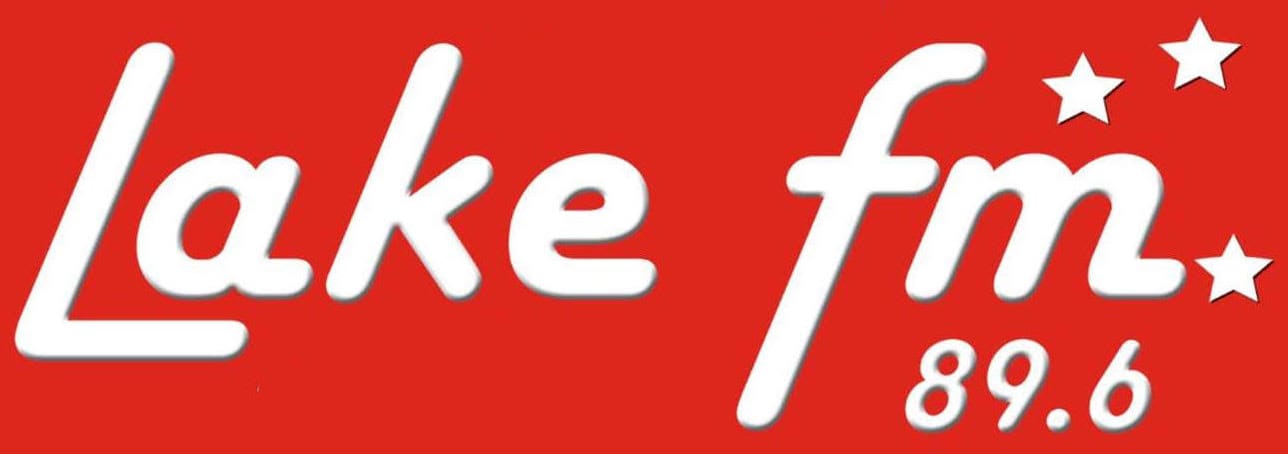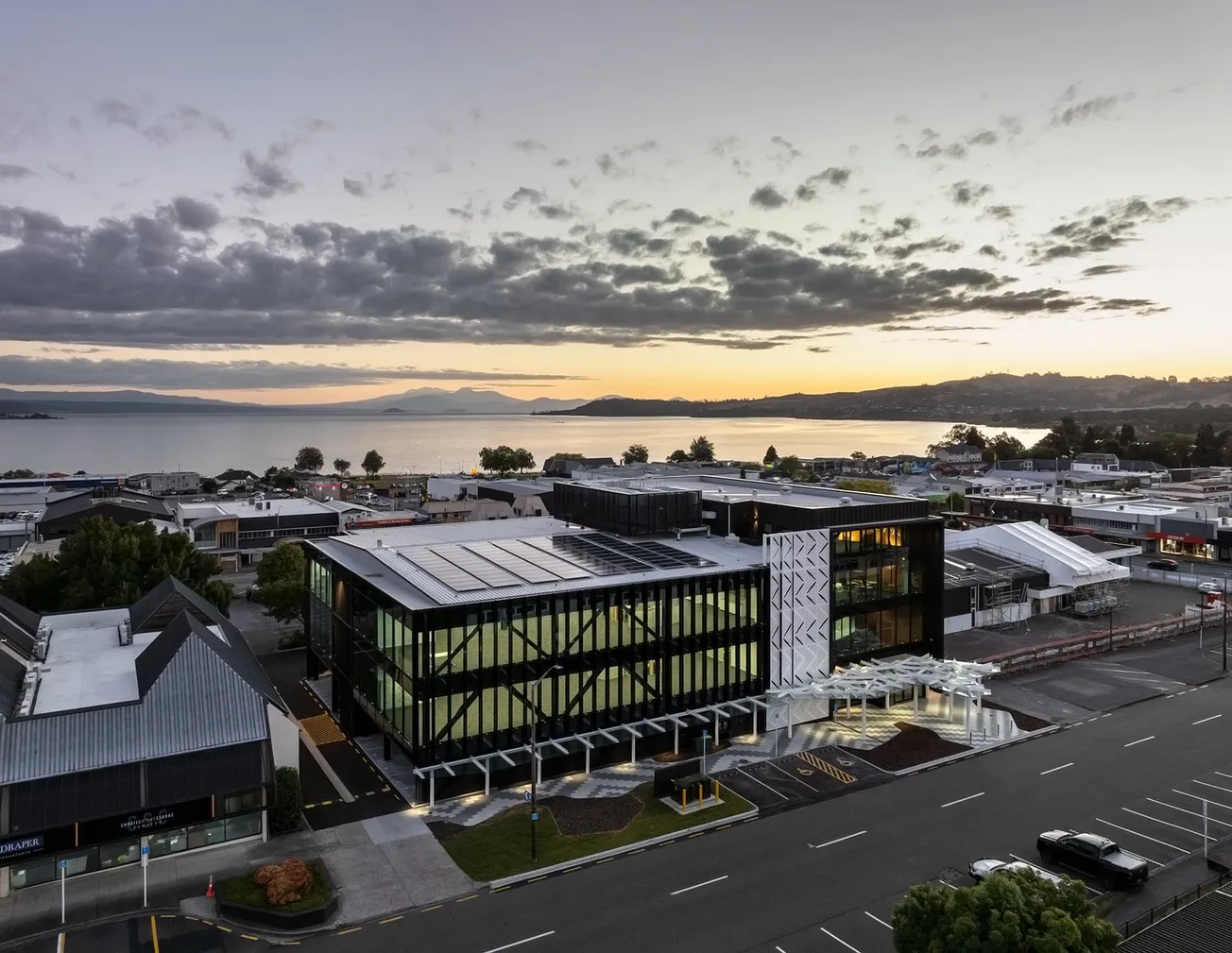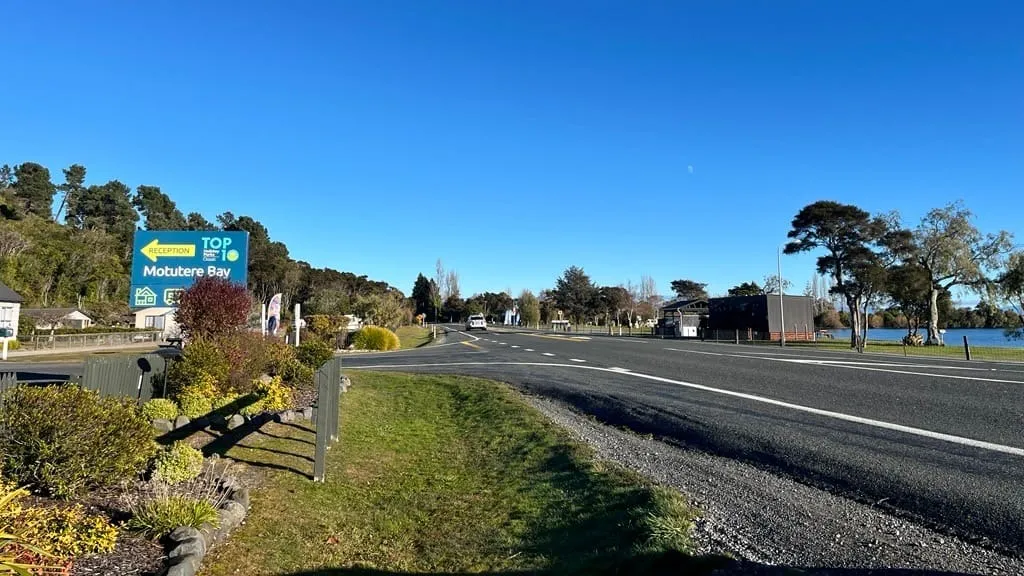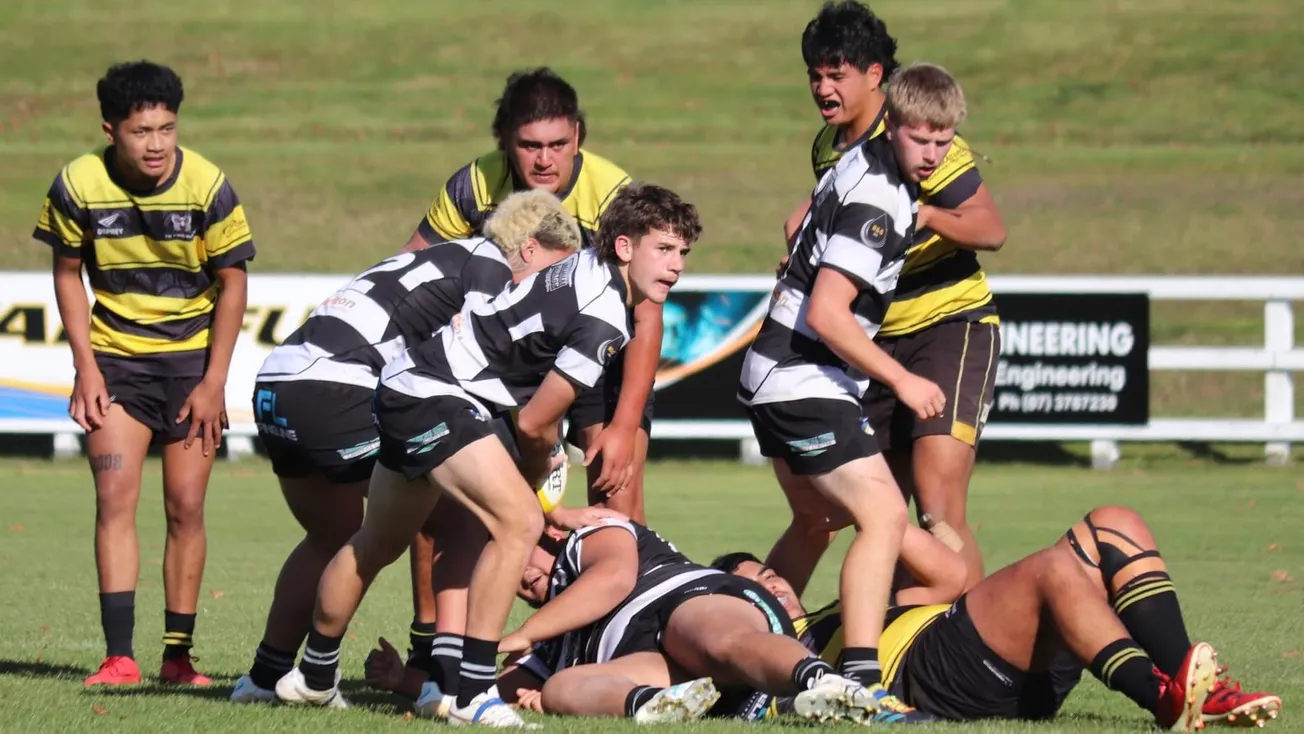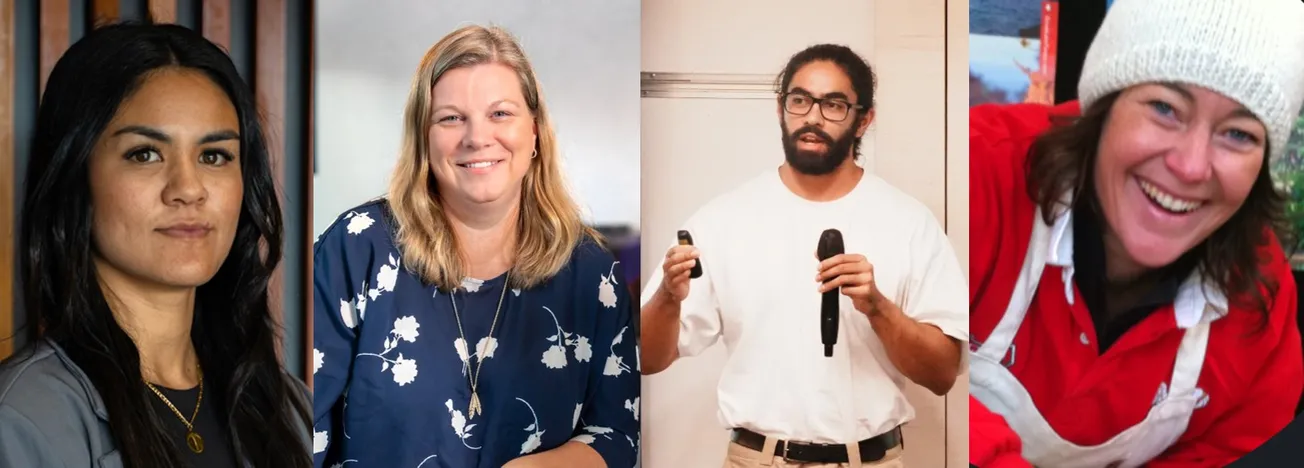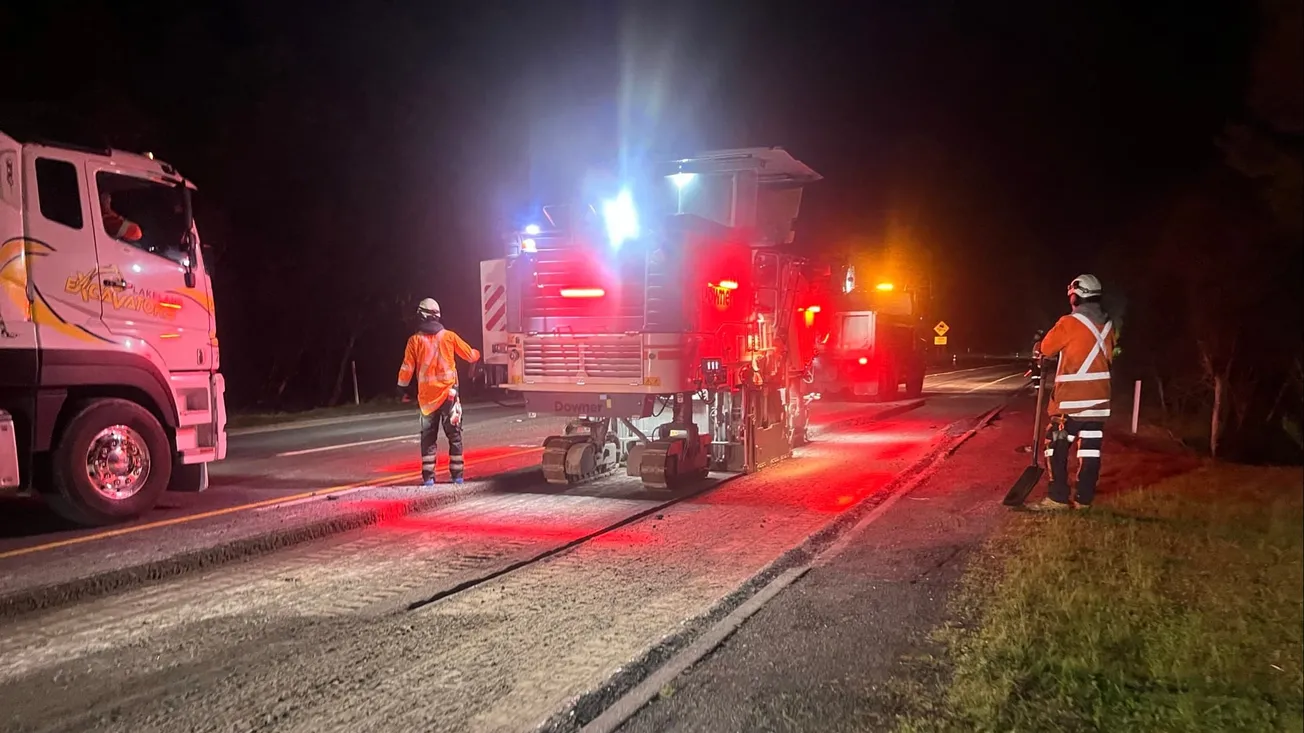As expected Taupō District councillors on Tuesday (June 24) voted to retain the council's water services in-house – its preferred option during recent consultation and one supported by a majority of submissions.
Meeting Tensions
While the oral presentations from Te Moananui Rameka of Waipahihi Marae, Chris Hector of iTSi Solutions and former Waikato Region councillor Laurie Burdett went off without a hitch, discussion between councillors then descended into an uneasy verbal tug of war centred once again around councillor Duncan Campbell and process.
Campbell said he had come to a different conclusion than the recommendations – to retain water services in-house in a separate business unit and review in two years and also to join Waikato Waters as a limited shareholder for shared services, such as procurement – and wanted to present several slides to explain his position.
Deputy mayor Kevin Taylor asked why the information was not provided to consider well ahead of "two minutes before we're going to make a decision."
Campbell was effectively undermining 220 ratepayers and ratepayer groups who had gone through the appropriate process and submitted, Taylor said.
Campbell's Presentation
While reiterating that it was not a submission but a visual presentation of how he'd come to his conclusion, Campbell said he felt the important decision deserved "a little bit more give to be honest."
Given five minutes, like the submitters, but without the aid of his slides, Campbell was warned by Taylor that it would be inappropriate if he simply indulged in relitigating matters he had previously raised and invited Mayor David Trewavas to cut him off if so.
Campbell began with the announcement that he was advocating for a Council Controlled Organisation (CCO) – the third option presented during consultation.
However, he soon descended into remarking that he was bringing this up now "because despite months of workshops the flow of material has not allowed for real scrutiny, no PDFs for us to share for third party advice and no analysis we could test…"
Taylor's interjection and frustration was supported by councillor John Williamson calling Campbell out for showboating and politicking.
"I think it's disgraceful. He's had plenty of opportunities to bring this up before now."
Heated Exchanges
Resuming, Campbell said councillors and the public had been kept in the fog.
"I no longer believe in local control, not in this district. What we call council led is, in reality, staff led."
Trewavas cut Campbell off for taking "the proverbial", saying he was not prepared to accept "bashing of our people (council staff)"
After a considered and coherent argument to vote for the two recommendations by councillor Rachel Shepherd, Campbell again reiterated he would be opposing it as an "excuse to carry on a maintenance plan for continued dysfunction and lack of transparency" before shutting himself up with "you won't let me talk to that. Democracy here is a lot of bulltack, is there any point in saying any more? Probably not."
Council Response
In reply, councillor Sandra Greenlade commented on the public response to the council's submission process: "six social media posts with good reach of over 4,500; 3,344 page views of Local Water Done Well with 989 active users. I think that says it all."
Shepherd then critiqued the assertion that a CCO was the only way to have separation and transparency.
"That's simply not the case we're doing exactly the same thing by setting up an enhanced in-house model as we would have to do to set up a CCO without the significant cost attached to it."
An in-house enhanced model would meet all the regulatory requirements including oversight from the Commerce Commission, she said.
"I'm not concerned that we're not going to have the separation and the transparency. I'm quite happy that we're doing exactly the same thing that a CCO would require of us without the additional levels of bureaucracy and cost."
Final Confrontation
Ignoring this, Campbell said he was "letting the public know that we're on about 20 minutes of deliberation for… the most important local government decision in decades."
He complained his voice of dissent had been thoroughly shut down and once again spoke more about his grievance than a CCO.
"How long am I going to get to talk before you shut me down? …that's what we're doing here does anyone see that, I mean it's quite pathetic actually... If I try to get to the point, I'll be closed down so there's not really any point is there? "
His final scalding that the council was "absolutely a joke and bring on the election thank you very much, get rid of these people, that's it" was too much for councillor Yvonne Westerman.
"It's quite annoying sitting here as a councillor, making a point of reading all the documentation and actually attending the meetings normally in person and have a fellow councillor who sits here and says he's had 20 minutes of consultation which is absolute BS…
"It really does not look good for you more than us."
Obviously, when the vote was finally put Campbell had his 'no' recorded against the decision.
Background
The Government's Local Water Done Well reforms required all councils to consult on at least two options for the future of their water services. Retaining the status quo was not an option.
The reforms replaced the Three Waters Reforms of the previous government and apply to drinking water, wastewater and stormwater.
TDC consulted on three possible options for its water services. They were: retain water services in-house but in a separate business unit and review in two years. The second option was to join six other councils to form Waikato Waters, a multi-council-controlled organisation. The third was to set up a single TDC-controlled organisation.
Of the 220 community submissions received, 74 percent favoured keeping council services in-house for the time being. Under this option council would continue to deliver water services, own all its water assets and make all water-related decisions.
The most common reasons given were: that council has invested in its water assets and should keep control of them; that people wanted to retain local accountability; and that council does a good job of delivering water services and should continue to do so.
The terms of the draft agreement to join Waikato Waters as a limited shareholder allow TDC to remain involved with Waikato Waters and safeguard the option to join later.
Under every scenario for the future of water services, the cost to ratepayers is expected to rise due to new economic compliance required by the Commerce Commission; and enforcement of higher water standards by water regulator Taumata Arowai.
Following the decision TDC will now develop a Water Services Delivery Plan to submit to the Department of Internal Affairs by September 3. It must also establish a separate business unit for its water services including the full financial separation required by the Commerce Commission.
Despite the work involved in developing the various options, the Water Services Delivery Plan and implementing an in-house business unit, the council release on the decision stressed there had been no extra funding from central government and the council has had to meet the extra costs of over $500,000 from its own budgets.
